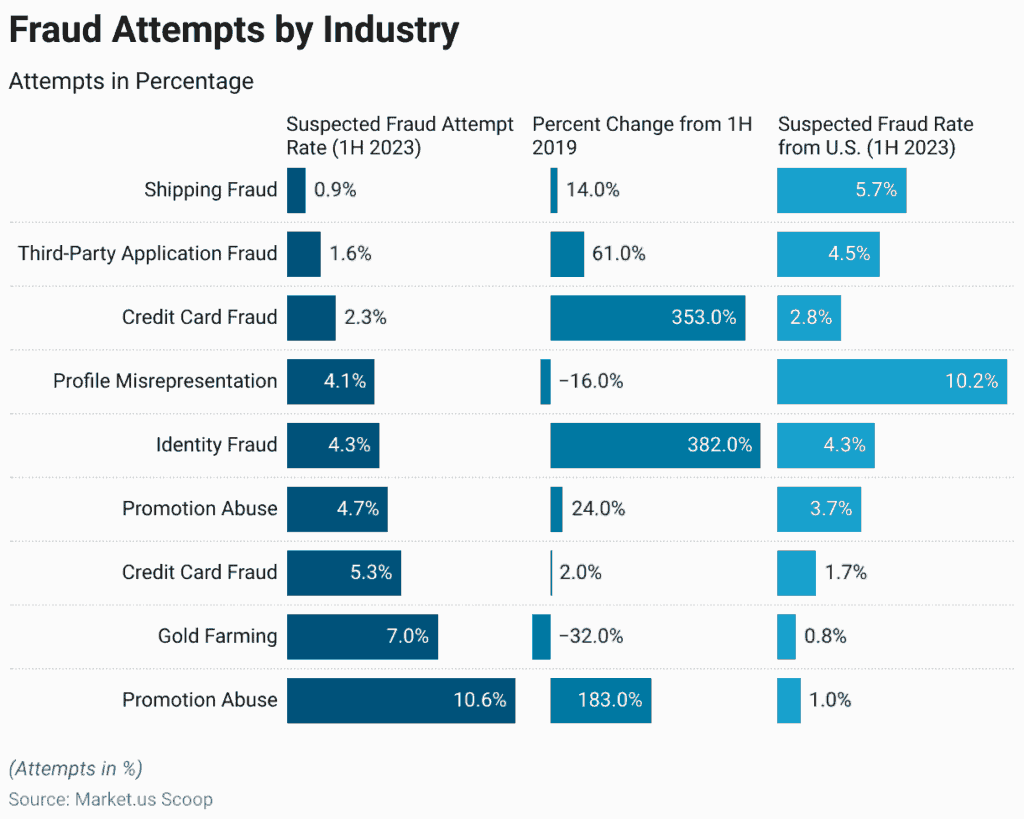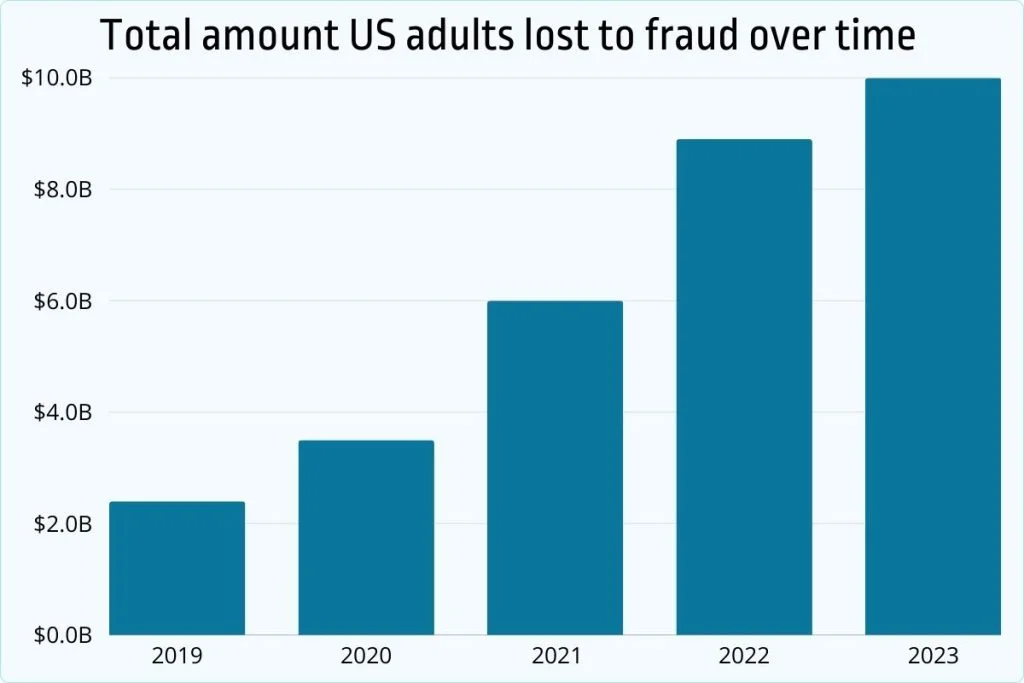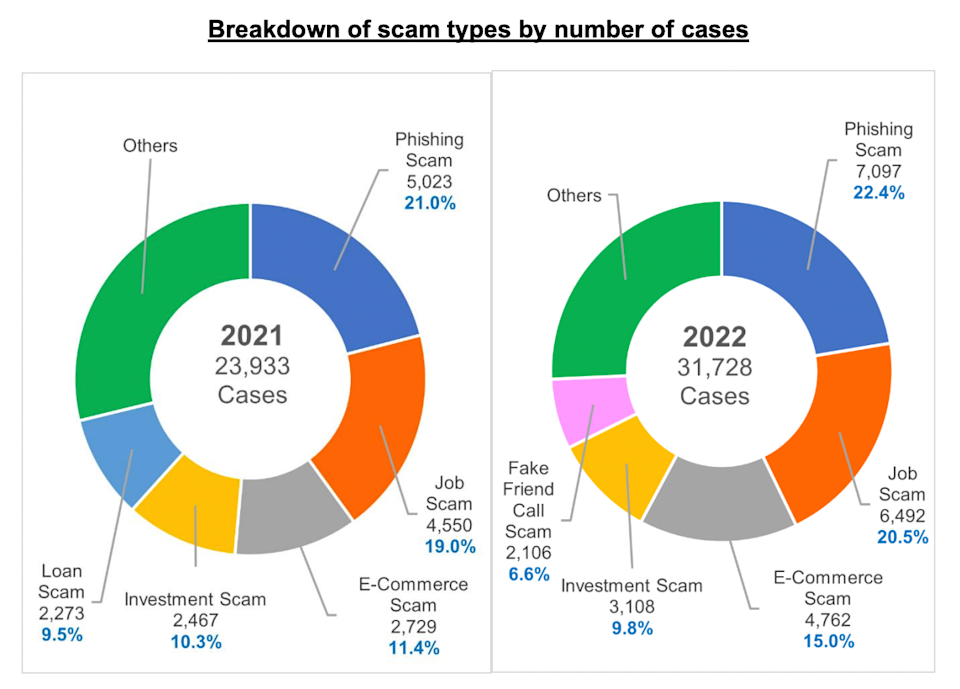
Admission Fraud Syndicate Busted: that’s the headline flashing across Indian news outlets and rippling through education circles globally. It’s a story of greed, desperation, and misplaced trust, but also a wake-up call for families and policymakers everywhere. Delhi Police recently cracked down on an organized racket that promised desperate parents coveted college seats for their children—at a steep cost. Two individuals, Kushagra Shrivastava (35) and Chinmaya Sinha (32) from Ghaziabad, were arrested, and investigators seized over ₹1.34 crore in cash (roughly $160,000 USD), six phones, and a laptop packed with incriminating documents. The scheme targeted at least 31 victims, including a police constable, all lured by the false promise of “management quota” admissions.
But this case isn’t just about two men in Delhi. It highlights a growing global trend where fraudsters exploit parents’ hopes for their children’s futures. The lessons here apply just as much to a family in California, London, or Beijing as they do to a family in Delhi.
Admission Fraud Syndicate Busted
The admission fraud syndicate busted in Delhi is more than a crime headline—it’s a lesson. With two men arrested and ₹1.34 crore seized, Delhi Police scored a win. But families worldwide need to stay vigilant. The lure of a “shortcut” into education is powerful, but as this case proves, shortcuts can lead to heartbreak. The message is clear: verify, don’t trust blindly. Protect your children’s future by sticking to official channels.
| Point | Details |
|---|---|
| Case | Delhi Police busted an admission fraud syndicate targeting college hopefuls. |
| Arrests | Two suspects: Kushagra Shrivastava (35) and Chinmaya Sinha (32), from Ghaziabad. |
| Seizure | ₹1.34 crore in cash, 6 phones, laptop, incriminating documents. |
| Victims | At least 31, including a Delhi Police head constable who lost ₹2.3 lakh. |
| Modus Operandi | Bulk SMS, impersonating college consultants, fake management quota admissions. |
| Official Reference | Delhi Police Official Site |
What Happened in Delhi?
Here’s the breakdown: scammers blasted bulk SMS messages across Delhi, advertising limited seats under management quota schemes in top colleges. These messages looked professional and urgent, pushing parents to respond quickly.
Once hooked, parents were assured that the middlemen had insider access. They were asked to deposit anywhere between ₹2–5 lakh as “advance fees.” After the payments were made, the fraudsters cut off contact.
The case gained momentum when a Delhi Police constable, himself duped of ₹2.3 lakh, filed a complaint. Using digital surveillance, IP tracking, and call tracing, investigators unraveled the syndicate and caught the culprits.
Why Admission Scams Work Everywhere?
This isn’t an “India-only” issue. Scams like these succeed because they play on the universal emotions of parents: anxiety, fear of competition, and the desperate desire to secure a child’s future.
Think back to the 2019 U.S. college admissions scandal, when wealthy families—including celebrities—paid to illegally boost their kids’ SAT scores or buy athletic scholarships. Different method, same psychology.
The formula is simple:
- Parents want to give their children the best.
- Scammers exploit that urgency and hope.
- Fear of missing out, or FOMO, drives people to act rashly.

Historical Context of Education Frauds
Admission fraud isn’t new—it just evolves with technology.
- In the 1990s and 2000s in India, entire fake universities mushroomed, issuing worthless degrees.
- In China, authorities exposed “ghost colleges” that lured students with professional-looking websites and offices but vanished after collecting fees.
- In Nigeria, fake admission letters and scam universities still plague rural families.
The Delhi case may feel shocking, but it’s simply the latest chapter in a much older book.
How the Admission Fraud Syndicate Busted Operated?
- The Hook – Mass SMS campaigns sent to families of Class XII students.
- The Bait – Fraudsters pretended to be official admission consultants, promising connections with top Delhi colleges.
- The Ask – Victims were persuaded to pay hefty sums upfront.
- The Vanish – After collecting money, the gang cut ties.
- The Bust – Police traced digital footprints and followed the money trail.
It was essentially phishing, just dressed up in academic language.
The Real Cost: Impact on Families
The financial losses are severe, but the emotional toll is often heavier.
- Parents often feel guilt and embarrassment for being deceived.
- Students experience shame, self-doubt, and in some cases, delayed education.
- Families may take loans or sell assets to pay fraudulent fees, putting them in financial crisis.
Consider the Delhi Police constable who fell victim. Beyond the money, his pride and trust were shattered. Stories like his remind us that fraud doesn’t just drain wallets—it shakes entire families.

Technology and Education Scams
Fraudsters no longer rely on word of mouth or newspaper classifieds. Today’s scams are powered by technology.
- Bulk SMS Blasts can reach thousands instantly.
- Fake Websites mimic real university portals to trick victims.
- AI and Deepfakes are being used to impersonate officials or forge documents.
- Phishing Emails often replace SMS, with links to malware-ridden sites.
Experts warn that as technology grows more sophisticated, scams will only get harder to detect.
Practical Advice: How to Spot and Avoid Admission Scams
Here’s a simple guide:
- Check authenticity: Always verify details on the official college or government site.
- Ignore urgency: “Limited seats left” is scam language.
- Avoid cash deals: Genuine institutions use transparent, banked transactions.
- Don’t trust backdoor promises: Any “shortcut” is either illegal or fake.
- Cross-check consultants: Use only those listed officially by the university.

What To Do If You’re a Victim?
If you or someone you know has been duped:
- Report immediately to your local cybercrime unit. In India, file on the National Cyber Crime Reporting Portal. In the U.S., use the FTC Complaint Assistant.
- Notify the institution that its name is being misused.
- Contact your bank to freeze or reverse suspicious payments.
- Save all evidence, including messages, call records, and receipts.
- Seek support for your child to help with stress or trauma.
Preventive Measures: What Governments and Colleges Can Do
Fraud thrives in confusion. Systemic solutions can reduce scams.
- Transparent online admissions – live dashboards showing real-time seat availability.
- Public awareness campaigns – routine updates through TV, radio, and social media.
- Cybersecurity monitoring – cracking down on bulk SMS fraud campaigns.
- Strict penalties – ensuring fraudsters face serious legal consequences.
Bhopal Bank Employee Under Scanner After Multi-Crore Fraud Surfaces
Hope Travels Dragged Into Prosecution Over Major Tax Fraud Case
Israeli AI Startup Bags $60 Million to Help Governments Fight Fraud
Professional Insights
This case offers insights for multiple professions:
- Cybersecurity professionals can study bulk SMS scams to design better detection systems.
- Educators and policymakers must prioritize transparency to reduce confusion.
- Legal professionals will see growing demand for fraud-related litigation.
- Journalists and researchers have material for case studies in ethics and law enforcement.
Global Parallels
Education scams are universal.
- In the United States, “Operation Varsity Blues” revealed systemic bribery.
- In the United Kingdom, fake scholarship offers have scammed international students.
- In Kenya and Nigeria, fake colleges advertise aggressively in rural areas.
The Delhi bust connects to a global trend: education is a billion-dollar dream, and where there’s demand, fraud follows.










